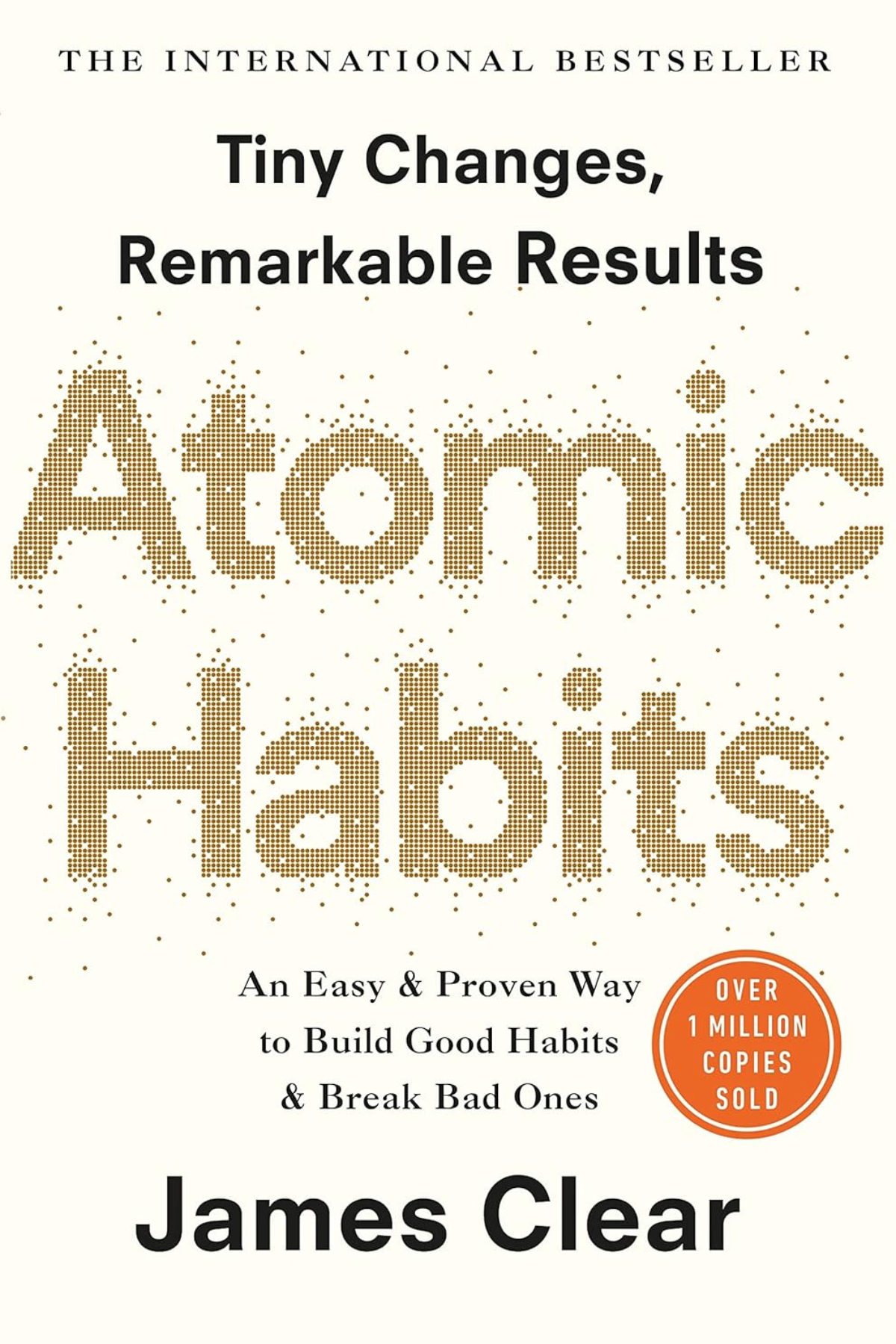Ultimately, it is your commitment to the process that will determine your progress.
- James Clear
Recently, my reading progress has been slow as I am juggling several competing priorities. Making the most of my commute time, I managed to finish Atomic Habits by James Clear over the course of two months, while simultaneously reading another book on language. Although reading is my habit, it hasn’t been a daily one, particularly when I’m overwhelmed with other tasks. To build a more consistent reading habit, I realised it might be beneficial to adopt a daily, systematic approach as outlined in Atomic Habits. This book, which a friend recommended and has good reviews online. Driven by my curiosity about achieving remarkable results through small, incremental changes, I decided to delve into the book and explore its insights.
Atomic Habits offers a practical and systematic approach to habit development, grounded in behavioural science. The core concepts revolve around the Four Laws of Behaviour Change: Make it Obvious, Make it Attractive, Make it Easy, and Make it Satisfying. These principles are central to forming new habits and breaking old ones. They also illustrate how human actions are driven by the cues, cravings, responses, and rewards that we experience daily, often without conscious awareness. I found James Clear’s practical examples particularly engaging; for instance, he suggests that leaving one’s phone in another room, such as the kitchen, can help break the habit of checking it in bed by increasing the effort required to engage in the action.
One concept that I found particularly intriguing is the idea of identity-based habits and the role of self-image as an inner driver. I had never considered my motivation from this perspective before. James Clear offers a fresh viewpoint that essentially helps uncover the root cause of individuals behaviours. He argues that change begins with transforming our identity rather than focusing solely on outcomes. For example, instead of simply aiming to become a strategy consultant, seeing oneself as a strategy consultant is more effective. This shift in self-perception—moving from merely achieving a goal to embodying a new identity—represents a significant mindset change. It’s about becoming someone, not just acquiring something, which is a profound adjustment in how we approach personal development.
Another important insight from Atomic Habits is that success often stems from taking small, consistent steps. This principle mirrors the compounding effect seen in investments: while the impact of small actions may seem negligible in the short term, they accumulate to make a significant difference over time. Although many people are aware of this concept, I personally experienced it recently through my swimming practice. For the past two years, I’ve committed to swimming for 45 minutes every week without missing a single session. Despite periods of frustration and feeling stuck, particularly with mastering techniques like the front crawl, I’ve learned that it is the consistency and frequency of practice yield results. James emphasises that enduring the boredom of building a habit is crucial, and overcoming this phase can lead to meaningful progress. After two years of persistent effort, I can now swim 100 meters of front crawl, which, while not perfect, is a testament to the power of incremental improvements.
Overall, Atomic Habits is a fantastic book. It offers a new mindset and explains the “unknowns” behind what we often consider “known” about habits. As James mentioned in the book, “building a habit needs a system, and habit is not towards a goal but the commitment to the system of continuous improvement on the process”.
